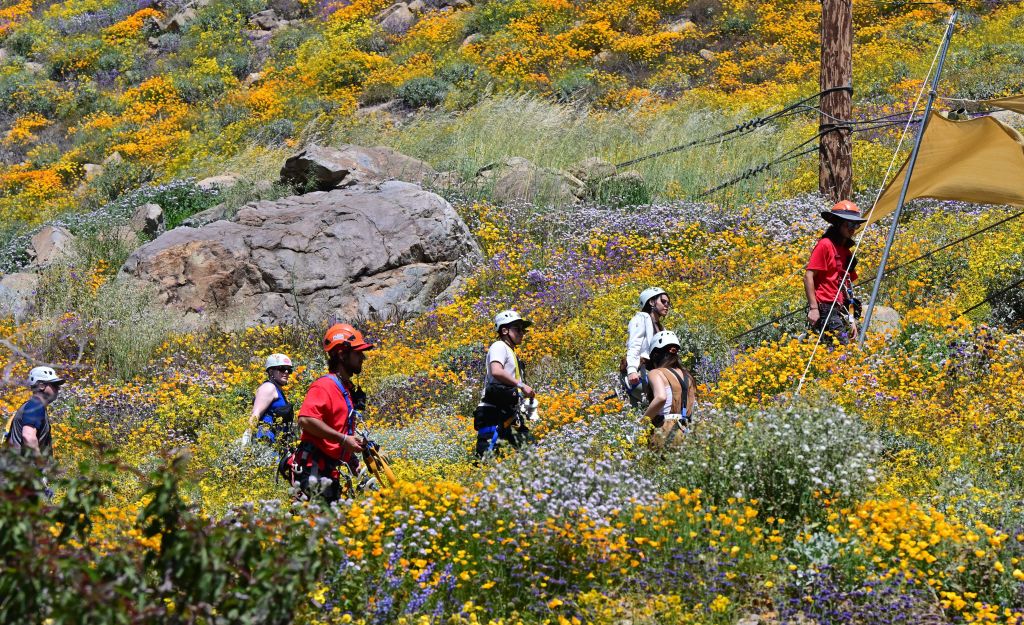California state parks officials are reminding the public to be aware of wildlife and to take precautions when encountering animals to stay safe.
Seals, squirrels, chipmunks, foxes, rattlesnakes, and even bears are commonly known animals people may encounter in the state’s parks stretching from the mountains to the coast.
Parks officials are asking the public to keep their distance as they enter other animals’ habitats and to never try and pet wildlife.
They also reminded visitors on social media this week that food meant for humans is bad for wildlife and should be locked up securely and not shared.
Help Keep Wildlife Wild. pic.twitter.com/KtzjlURZTM
— CA State Parks (@CAStateParks) July 26, 2023
To avoid any dangerous encounters or injuries from animals, the public is also advised to wear close-toed shoes and pants when hiking, to stay on well-used trails, and to give wildlife their space when encountering them, especially rattlesnakes.
“Because this is their natural habitat, we do allow the snakes to be in their space but if they are causing a specific significant public safety issue near a restroom or something like that we'll relocate them to a different part of the backcountry,” Lt. Paul Andrus of the state parks department told ABC 7.
Mr. Andrus told the news outlet that cold-blooded snakes are most active during hot summer days.

A trail along Crystal Cove State Beach in Laguna Beach, Calif., in an undated photo. (Courtesy of California State Parks)
If encountering an aggressive, sick, or injured animal, the public should report it to a park ranger, officials said.
State parks in Southern California include Cuyamaca, Malibu Creek, El Capitan, Bolsa Chica, Chino Hills, Saddleback Butte, Crystal Cove, Mount San Jacinto, Palomar Mountain, Placerita Canyon, and Will Rogers.










